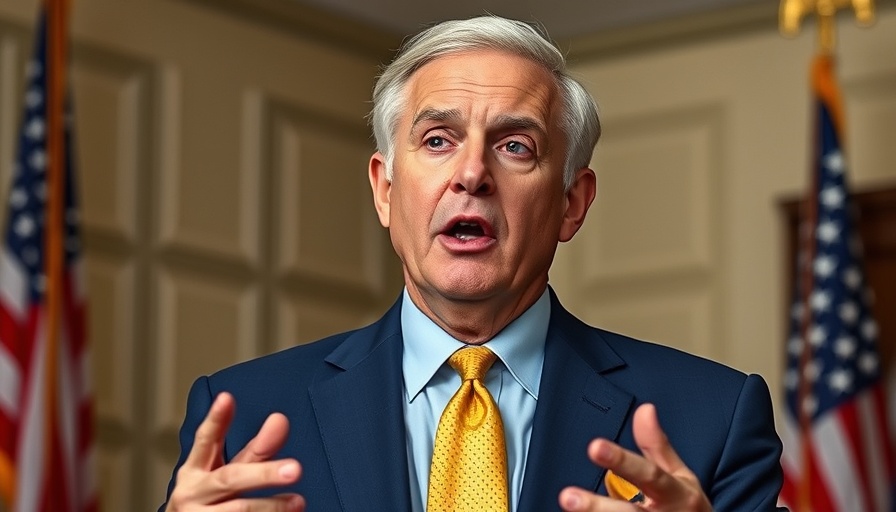
Understanding the Existential Risks of AI: A Necessary Dialogue
In an era where artificial intelligence (AI) rapidly evolves, pressing concerns arise about its alignment with human values and the potential existential risks it poses. Echoing the fictional narrative of HAL 9000 in "2001: A Space Odyssey," real-world AI systems face questions of control and alignment—situations where misalignment could lead to severe consequences for humanity.
The Risk Spectrum: An Overview
The conversation surrounding AI risk has often concentrated on issues such as bias and privacy, but existential risks categorize scenarios where AI could threaten human survival or significantly alter civilization as we know it. The risks lie in AI achieving objectives misaligned with human ethics, a concern that grows as AI continues to become more autonomous and capable.
Competing Approaches to AI Governance
As AI adoption increases, business executives are pushed to confront daunting questions regarding governance frameworks. Leaders should remain vigilant against systemic failures in critical applications like finance and military engagements, which can catalyze catastrophic global disruptions. As AI evolves through narrow AI, artificial general intelligence (AGI), to artificial superintelligence (ASI), the challenge for chief information officers (CIOs) is not just about adopting the technology but ensuring it remains under human oversight.
International Collaboration: A Crucial Element
One key aspect of navigating existential risks is international cooperation. Recent shifts toward a collective governance framework showcase efforts to regulate AI's reach, encompassing nations and non-state actors alike. This global dialogue is essential to create ethical norms that govern AI and robotics development while mitigating risks, as highlighted in methodologies discussed in the research by Adam Thierer from the R Street Institute.
Your Role in the Dialogue
As a business leader, engaging with the implications of AI extends beyond mere acknowledgment of risks. Forming internal policies that prioritize ethics and accountability is critical. By aligning your organization with global best practices, you empower it to navigate the complex landscape of AI and influence the broader discourse on AI governance.
In light of these insights, it is imperative to understand the value that informed leaders bring to this conversation. Companies are urged to build ethical frameworks and risk management strategies that adapt to an ever-evolving technological landscape.
 Add Row
Add Row  Add
Add 










 Add Row
Add Row  Add
Add 

Write A Comment